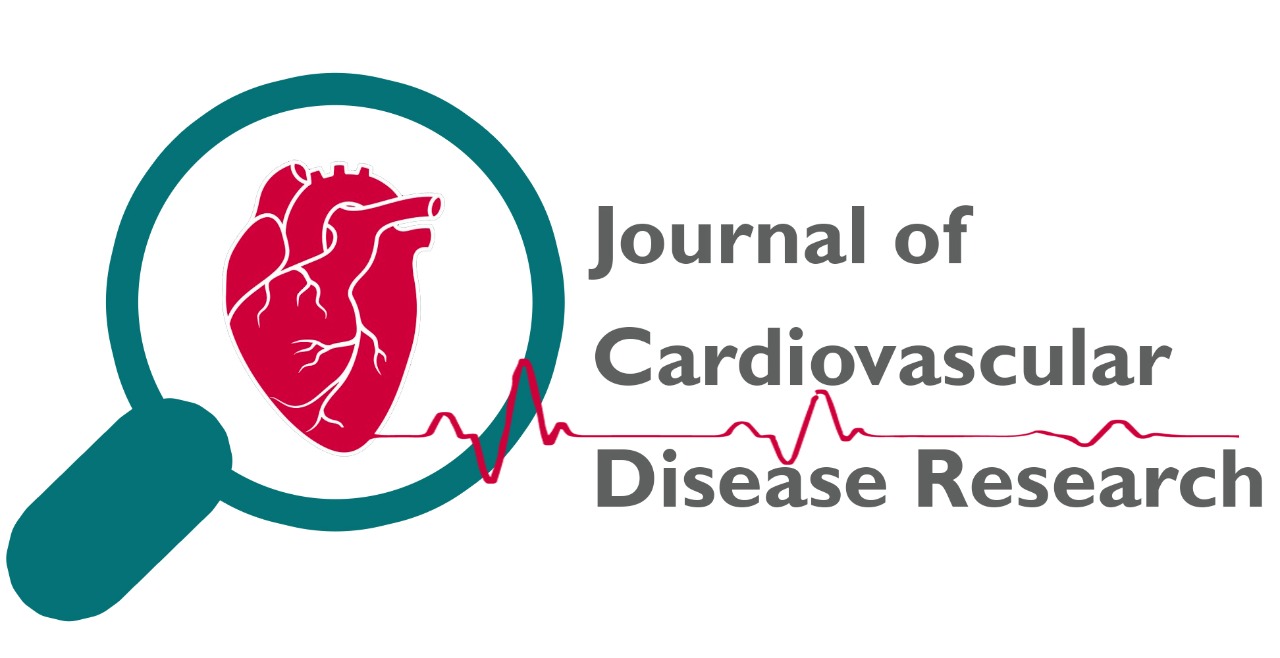
Effectiveness of regular screening during lactational period as preventive measure for acute inflammatory lesions of breast: A comparative study with historical cohort
Dr. Neha Shrivastava, Dr. Hradyesh Dixit, Dr. Yogesh Kailasia, Dr. Abhilash Singh
JCDR. 2023: 1594-1600
Abstract
A wide range of breast lesions can arise during pregnancy and lactation, from benign, inflammatory diseases to malignant lesions. Prevention of acute inflammatory lesions of breast needs a good breast care regime and health education. In the light of this, we conducted this study to understand the effect of regular screening during lactational period as preventive measure. Materials and methods: In Rewa, Madhya Pradesh, the General Surgery and Obstetrics and Gynecology Departments of Sanjay Gandhi Memorial and Gandhi Memorial Hospital, affiliated with Shyam Shah Medical College, have collaborated to undertake a prospective observational study. Primigravidae in their third trimester of pregnancy (for registration and education on breast care) and breast feeding women during the 15-month research period [1 April 2021 to 30 June 2022]. All the study participants were provided informed written consent forms before the start of the study. Strict confidentiality about their particulars was maintained throughout the study. The study was approved by Institutional Ethics committee before the start of the study. Results: The most common presentation during follow up is Mastalgia(16.60%), and only 12 % presented with painful lump leading to abscess , and majority 58.20% did not showed any symptoms. during screening total 209 cases were examined via USG bilateral breast out of which maximum showed mastitis (34.92%), and 31.56% showed abscess formation. Next Majority showed no abnormal finding (25.8%) on USG. Small percentage of cases (4.34%) also showed galactocele formation. When compared to historical cohorts, the percentage of breast abscess, mastitis and mastitis with galactocele were significantly lower in the present breast care regime advised to the mothers. Conclusions: The findings of this study suggest that regular screening and breast care education can significantly reduce the incidence of inflammatory breast disease in lactational mothers, which will eventually lead to uninterrupted 6 month breastfeeding absolutely vital for growth and development of newborn. Also in many studies breastfeeding have found to be good factor in reducing risk of breast cancer in later life. While most women receive appropriate management advice from health professionals, a clinically significant number of women are advised to stop breastfeeding from the affected breast or to stop breastfeeding altogether.
Description
Volume & Issue
Volume 14 Issue 3
Keywords
|
This is an open access journal which means that all content is freely available without charge to the user or his/her institution. Users are allowed to read, download, copy, distribute, print, search, or link to the full texts of the articles in this journal without asking prior permission from the publisher or the author. This is in accordance with the Budapest Open Access Initiative (BOAI) definition of open access.
The articles in Journal of Cardiovascular Disease Research are open access articles licensed under the terms of the Creative Commons Attribution Non-Commercial License (http://creativecommons.org/licenses/by-nc-sa/3.0/) which permits unrestricted, non-commercial use, distribution and reproduction in any medium, provided the work is properly cited. |
|
|
|
|
|
Copyright � 2022 Journal of Cardiovascular Disease Research All Rights Reserved. Subject to change without notice from or liability to Journal of Cardiovascular Disease Research.
For best results, please use Internet Explorer or Google Chrome POLICIES & JOURNAL LINKS
Author Login
Reviewer Login About Publisher Advertising Policy Author's Rights and Obligations Conflict of Interest Policy Copyright Information Digital Archiving & Preservation Policies Editorial Policies Peer Review Policy Editorial & Peer Review Process License Information Plagiarism Policy Privacy Policy Protection of Research Participants (Statement On Human And Animal Rights) Publication Ethics and Publication Malpractice Statement Corrections, Retractions & Expressions of Concern Self-Archiving Policies Statement of Informed Consent Terms of Use |
Contact InformationJournal of cardiovascular Disease Research,
|




